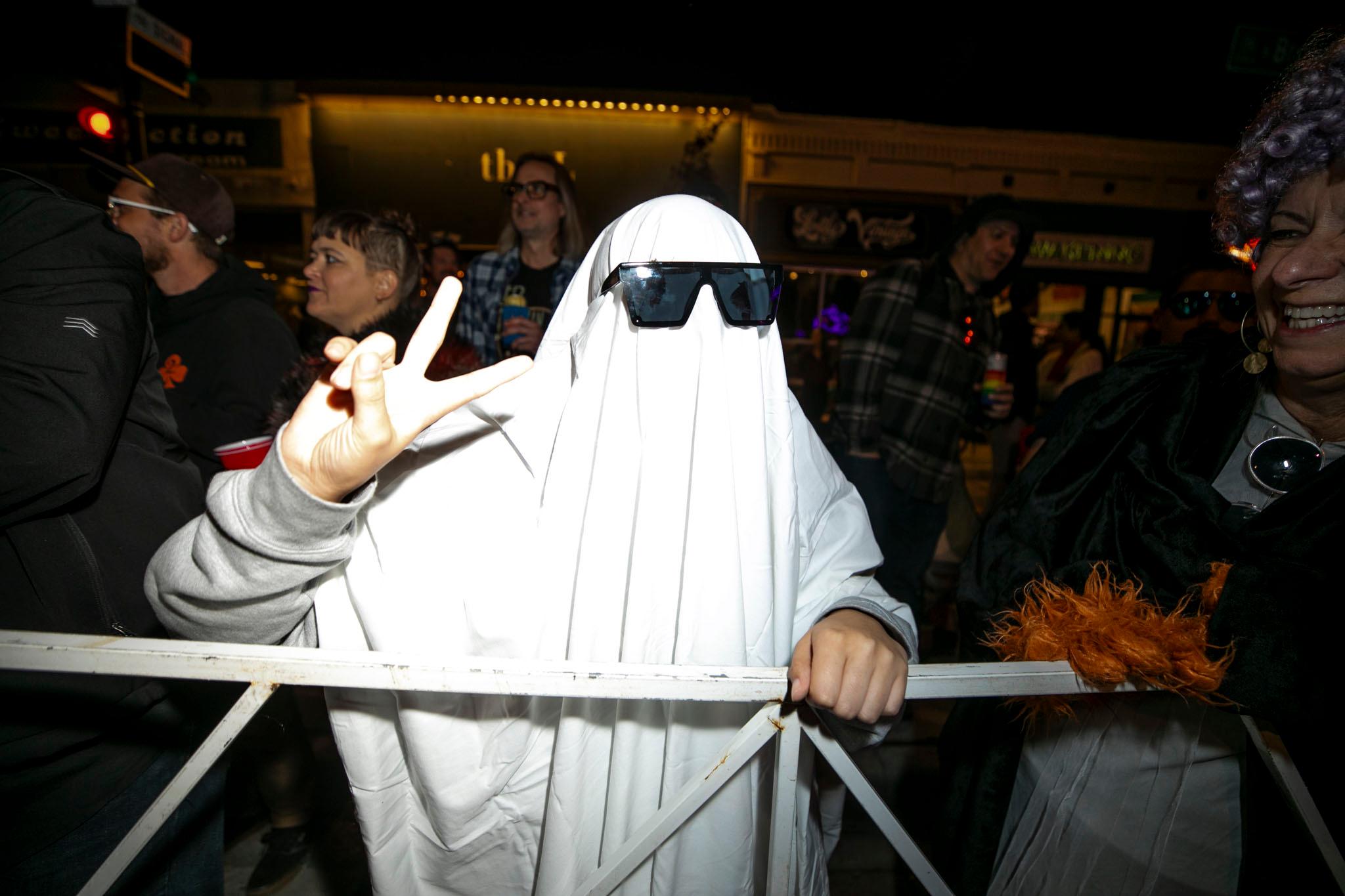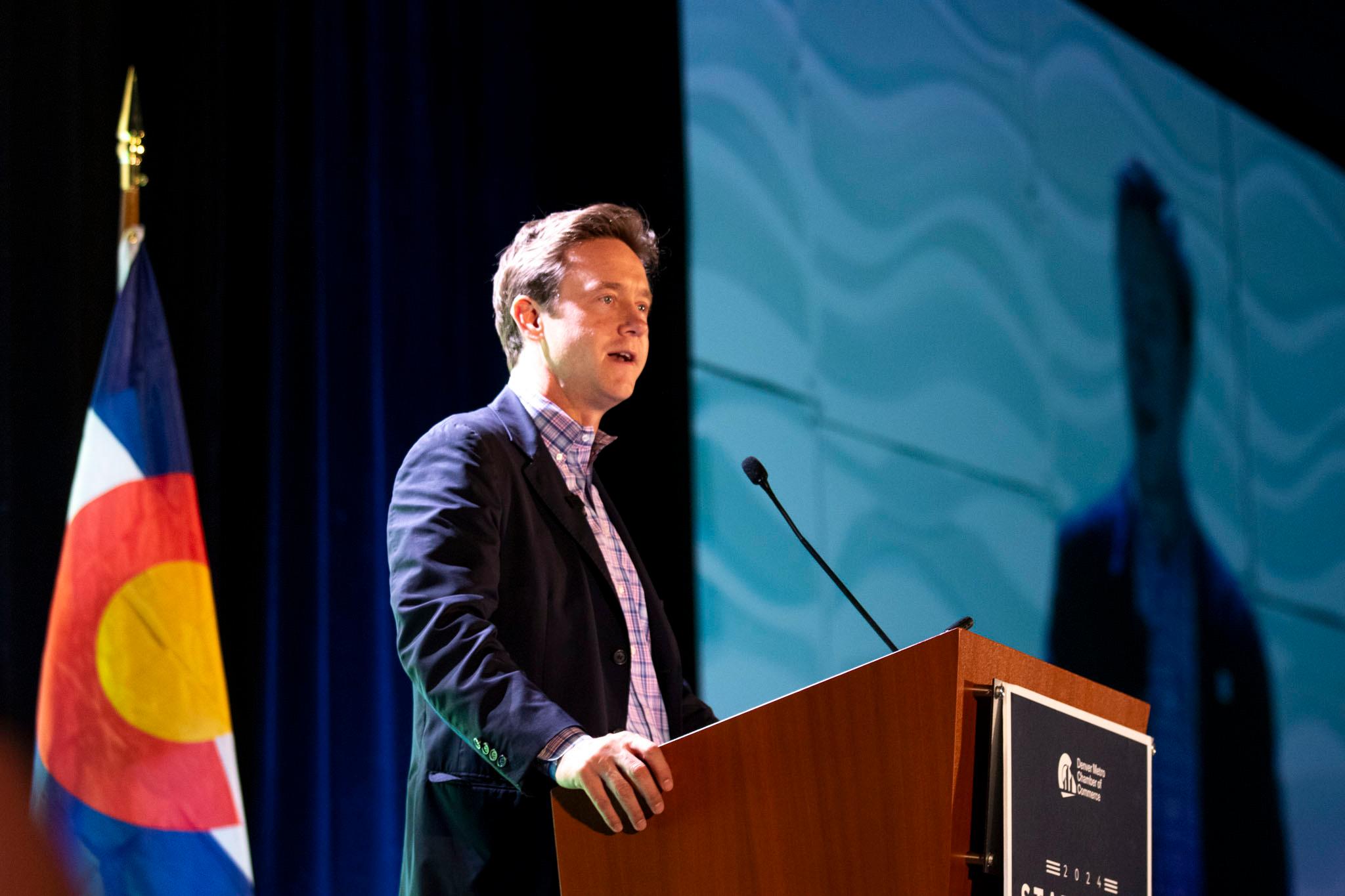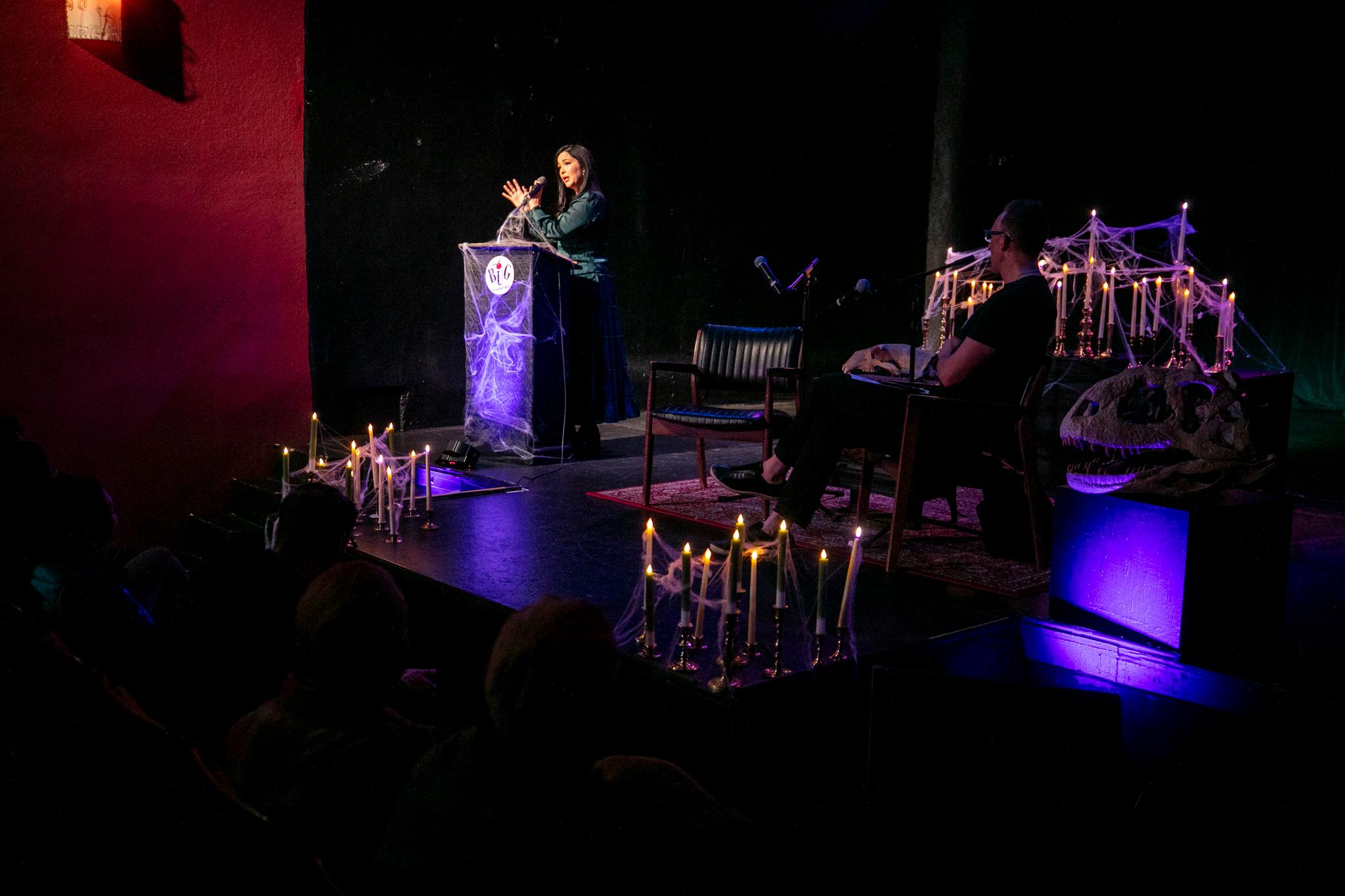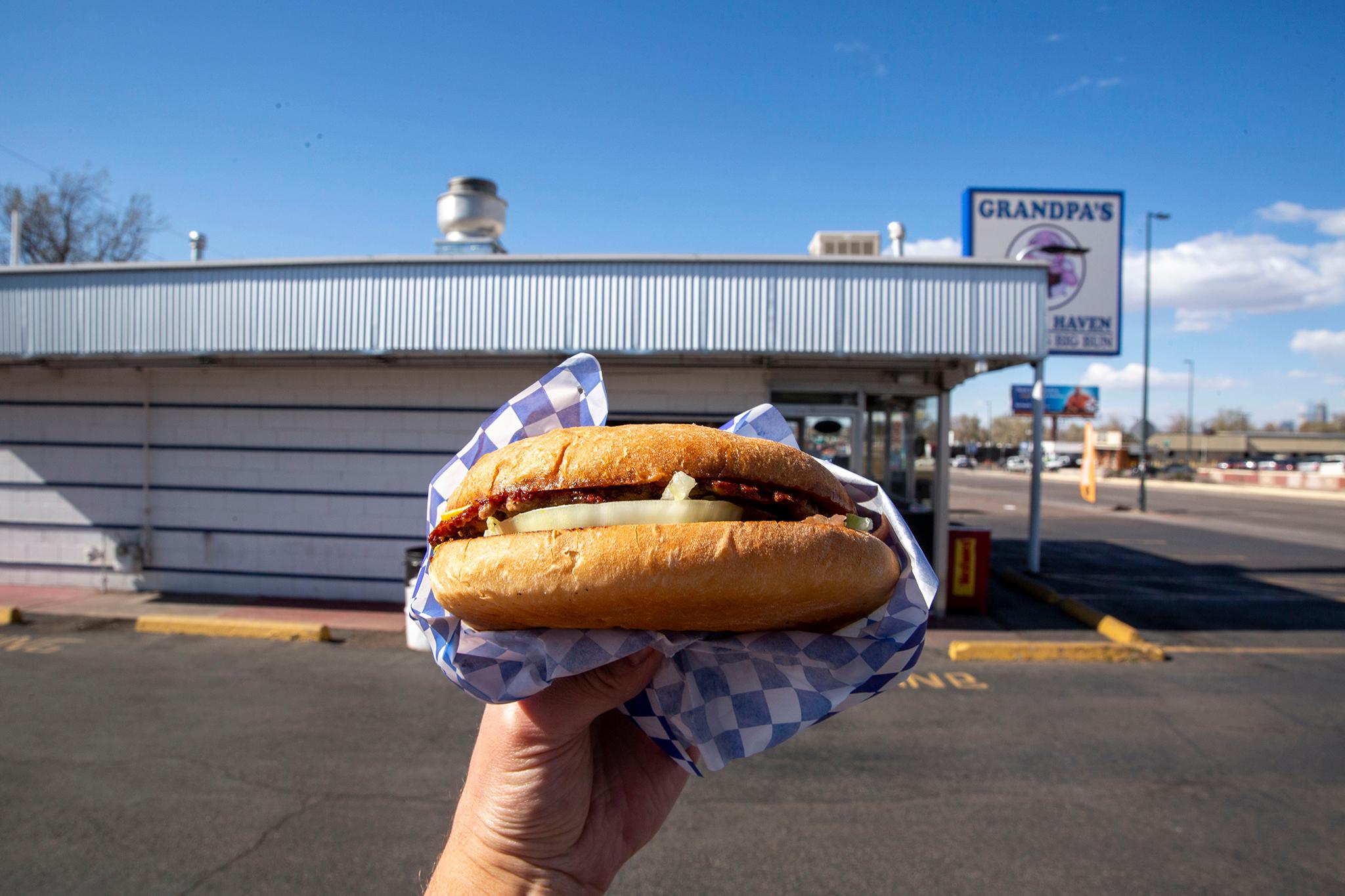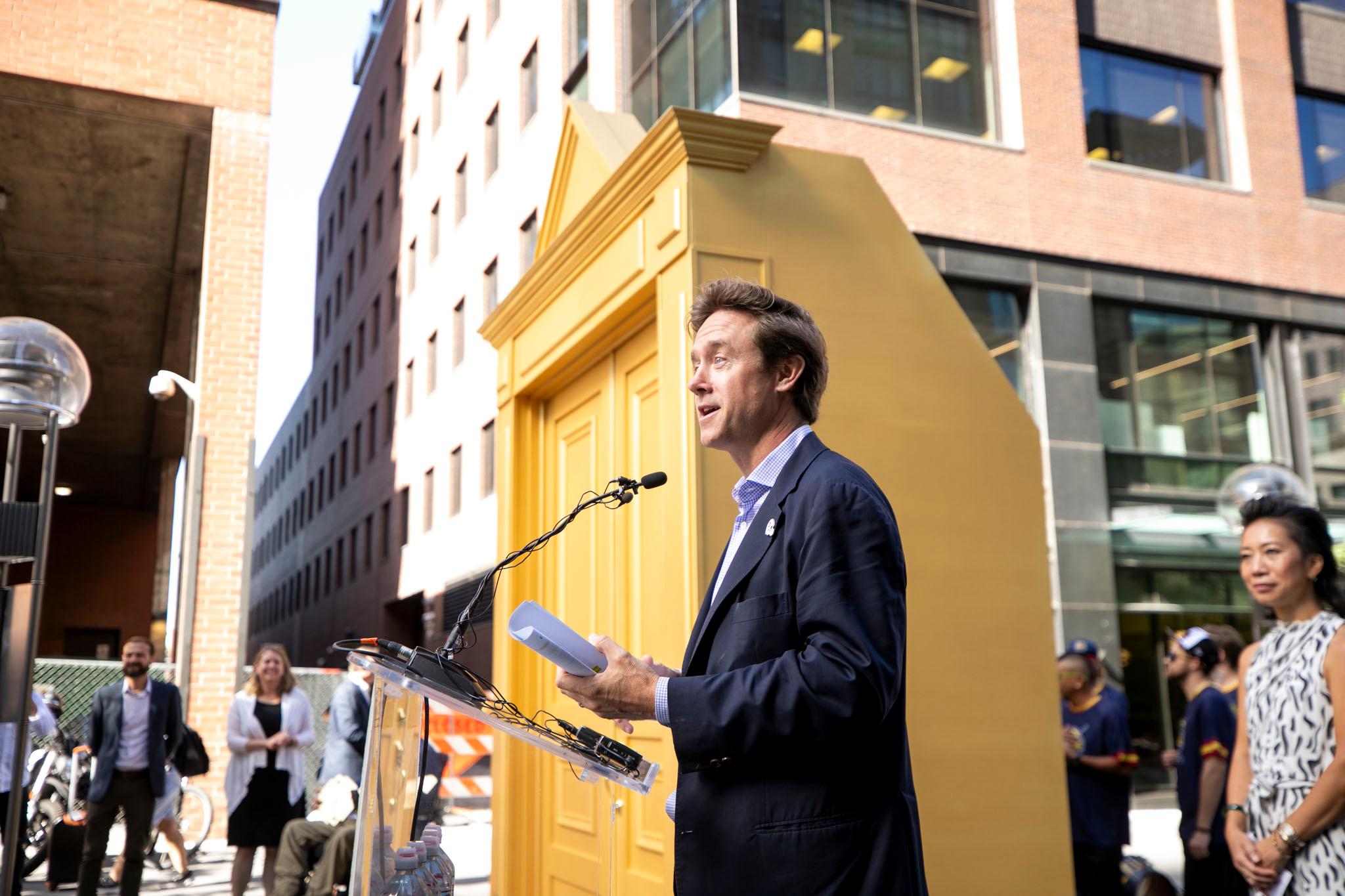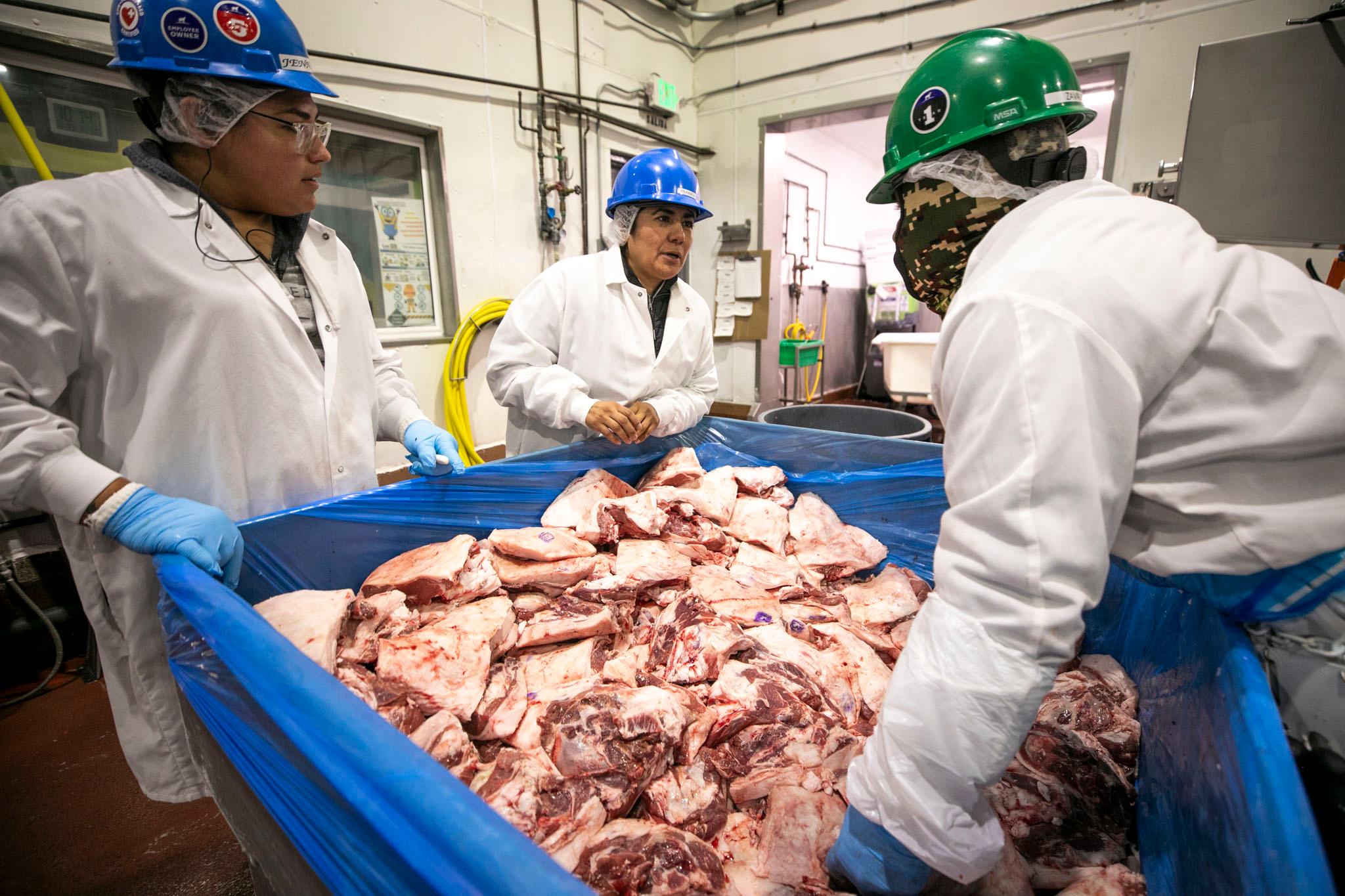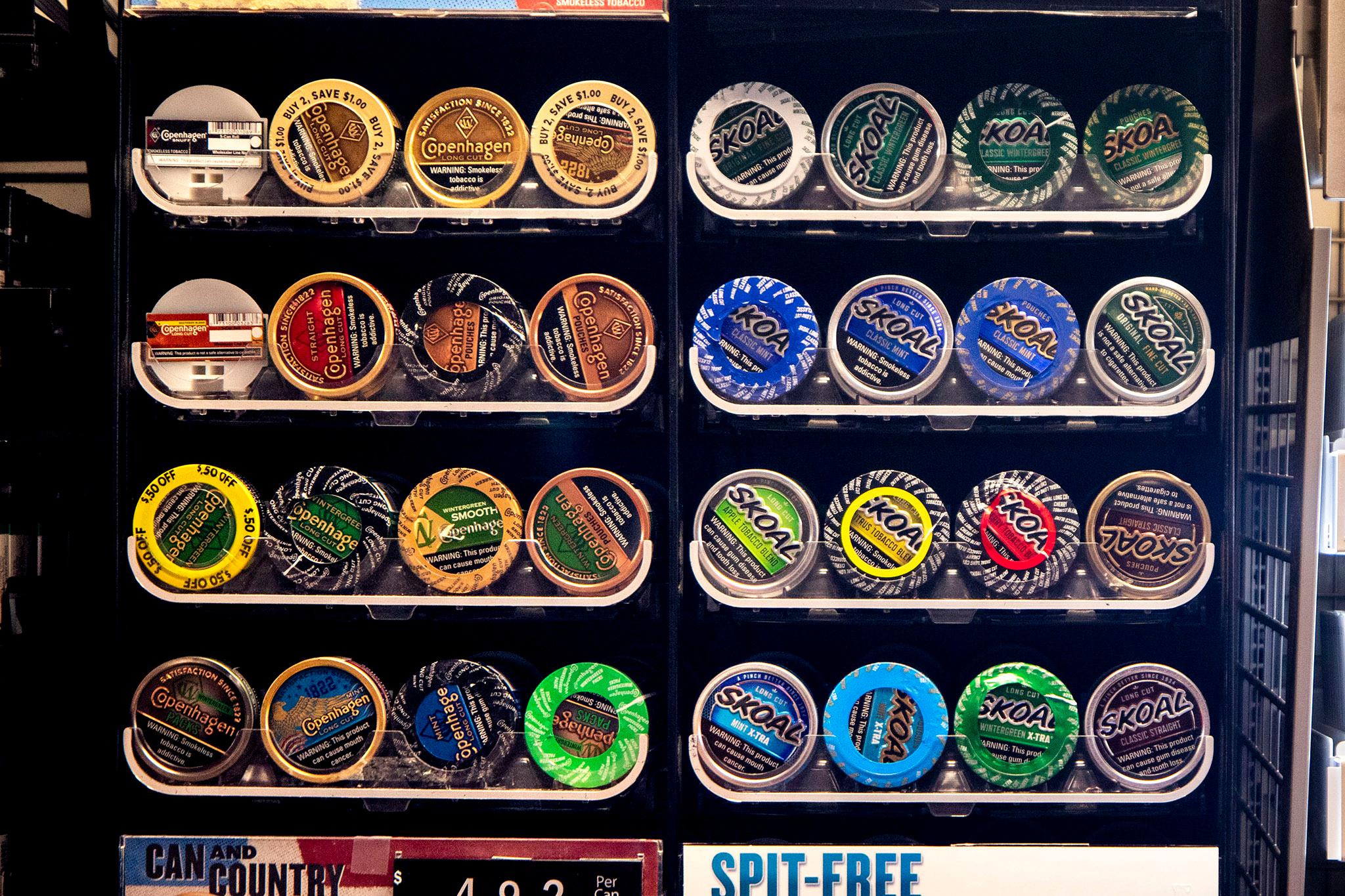Supreme Court nominee Neil Gorsuch has been a defender of free speech and a skeptic of libel claims, an Associated Press review of his rulings shows. His record puts him at odds with President Donald Trump's disdain for journalists and tendency to lash out at critics.
On other First Amendment cases involving freedom of religion, however, Gorsuch's rulings in his decade on the 10th U.S. Circuit Court of Appeals in Denver reflect views more in line with the president and conservatives. Gorsuch repeatedly has sided with religious groups when they butt up against the secular state.
In a 2007 opinion involving free speech, Gorsuch ruled for a Kansas citizen who said he was bullied by Douglas County officials into dropping his tax complaints. "When public officials feel free to wield the powers of their office as weapons against those who question their decisions, they do damage not merely to the citizen in their sights but also to the First Amendment liberties," Gorsuch wrote.
Trump, who announced Gorsuch as his pick on Jan. 31, has said he is waging a "running war" against the news media and wants to make it easier to sue for libel. The president, who nominated Gorsuch for the high court, has used his political stature to fire off harsh attacks on relatively powerless critics such as the father of a dead soldier or a beauty pageant winner.
Gorsuch has sided with those lower on the power scale. In cases in 2007 and 2016, Gorsuch agreed with the court majority in upholding public employees' claims of retaliation for exercising their constitutional rights of free speech and association.
He repeatedly has interpreted libel law in light of the First Amendment's guarantee of free speech, rejecting claims based on small mistakes in the offending material. He sided with a broadcaster who may have overstated a prisoner's gang ties and a University of Northern Colorado student who mocked a professor in an online parody that showed him in a Hitler-style mustache.
In a 2011 opinion backing A&E Television Networks, Gorsuch said the law protects not just perfectly true statements against libel claims, but also those that are substantially correct. With characteristic flair, Gorsuch wrote: "Can you win damages in a defamation suit for being called a member of the Aryan Brotherhood prison gang on cable television when, as it happens, you have merely conspired with the Brotherhood in a criminal enterprise? The answer is no. While the statement may cause you a world of trouble, while it may not be precisely true, it is substantially true."
Gregg Leslie, legal defense director at the Reporters Committee for Freedom of the Press, said Gorsuch did not break new legal ground on libel or privacy law. But, Leslie said, the judge had upheld existing news media protections "without any hesitation."
In a 2007 privacy case, Gorsuch joined an opinion rejecting the appeal of undercover police officers in Albuquerque, New Mexico, who said their privacy was violated by a TV news broadcast that exposed their names and identities. The court said the broadcast reported on a matter of legitimate public concern because the officers had been implicated in an alleged incident of sexual assault — even though they were eventually exonerated.
In 2014, Gorsuch wrote a concurring court opinion that emphasized First Amendment rights in a campaign finance dispute that also hinged on the constitutional guarantee of equal treatment under the law. Gorsuch agreed with the court majority that Colorado's campaign finance law treated write-in candidates unfairly because it set lower contribution limits for them. He said there's a free-speech guarantee in picking a preferred candidate, and that the Colorado law sprang from "a bald desire to help major party candidates at the expense of minor party candidates."
Outside the courtroom, Gorsuch has a long history of arguing for free speech, sometimes in defense of causes popular with conservatives. As an undergraduate at Columbia University in New York, he said free speech should apply to military recruiters on campus. Despite that, he challenged speech that offended him at the time, threatening to sue over a poster he claimed misstated the financing of a newspaper he helped found.
His respect for free speech notwithstanding, Gorsuch has ruled against false advertising when he believed it contained significant lies. "Most everyone expects a little audacity — maybe even a little mendacity — in their advertising," Gorsuch wrote in 2015 to uphold a claim by General Steel Corp. against a competitor. "But sometimes advertising crosses the line from harmless hyperbole into underhanded deception with material commercial consequences."
In cases involving religion, Gorsuch has leaned toward allowing its free practice but also joined some rulings that might be viewed as actively favoring faith groups. Such cases often split judges because the Constitution bars government both from interfering with religious groups and from actively backing them.
In two of the highest-profile religious freedom cases before his court, Gorsuch joined opinions that sided with Hobby Lobby and Little Sisters of the Poor. They argued that it would violate their religious rights if they were forced to provide employees with coverage for contraceptives as required by President Obama's health care law. The federal government now pays to insure workers for that coverage when employers object to doing so on religious grounds.
In two opinions dealing with three communities, Gorsuch called for hearing further appeals of circuit court action that restricted displays of the Ten Commandments on public property. He took a similar stand on crosses placed along highways to memorialize Utah state troopers.
In 2009, Gorsuch wrote a dissent saying the court should hear arguments for allowing display of the Ten Commandments at the Haskell County Courthouse in Stigler, Oklahoma. He criticized his fellow judges, saying a reasonable observer would not understand the display as the government's endorsement of a religion.
In a case from Pleasant Grove, Utah, the Supreme Court eventually decided to allow a commandments display without requiring local officials to also accept a monument from followers of a little-known religion, echoing Gorsuch's reasoning.
In cases involving religion and inmates, Gorsuch said it was wrong for a Wyoming prison to deny use of an existing prison sweat lodge to a murder convict who wanted to worship there. But the judge agreed with a court majority that an Oklahoma jail did not have to provide halal meals prepared under Muslim law to an inmate of that faith, so long as it provided vegetarian and pork-free options.
And in an opinion in a 2010 case from New Mexico, Gorsuch challenged the sincerity of a couple accused of marijuana trafficking. They claimed the drug was part of their religion as members of their self-styled Church of Cognizance. Gorsuch stated unequivocally that the couple was "running a commercial marijuana business with a religious front."
The drug charge was upheld.

